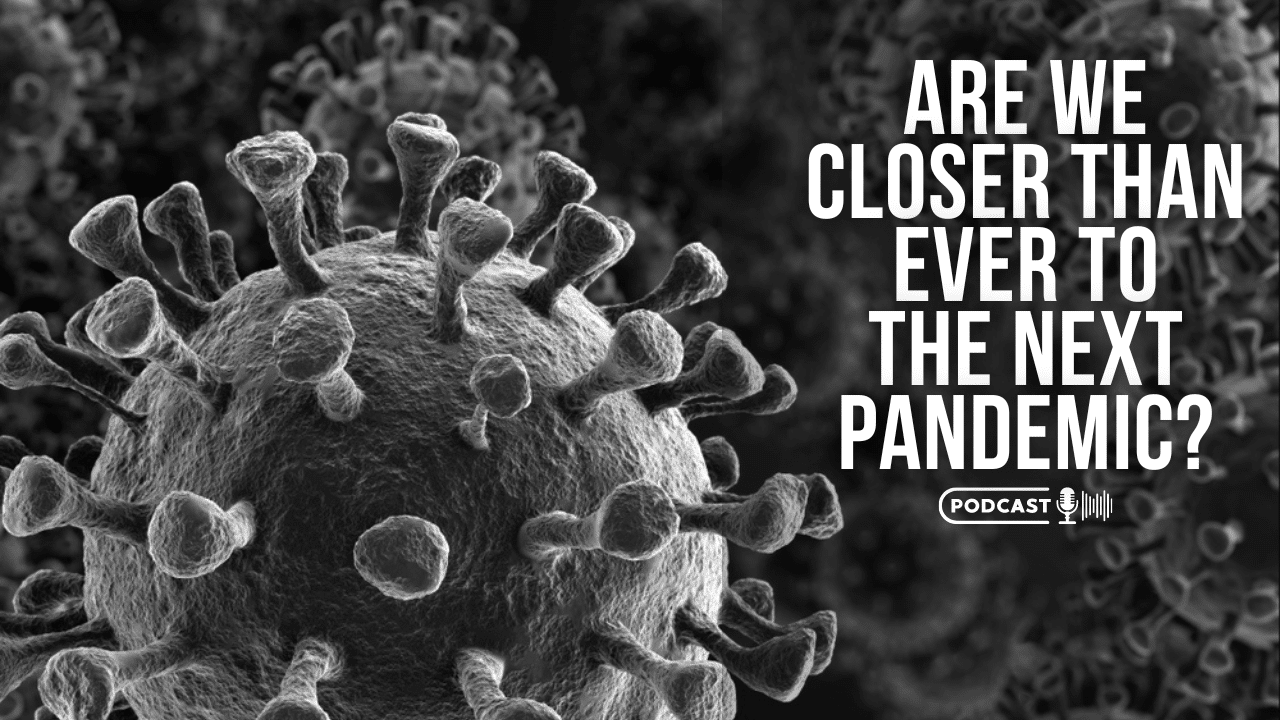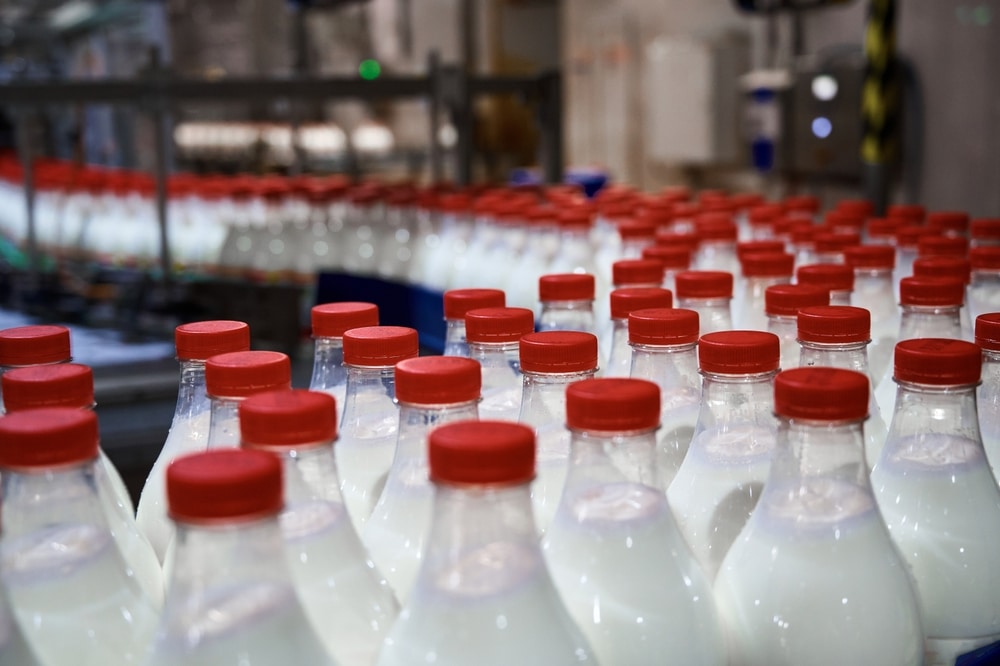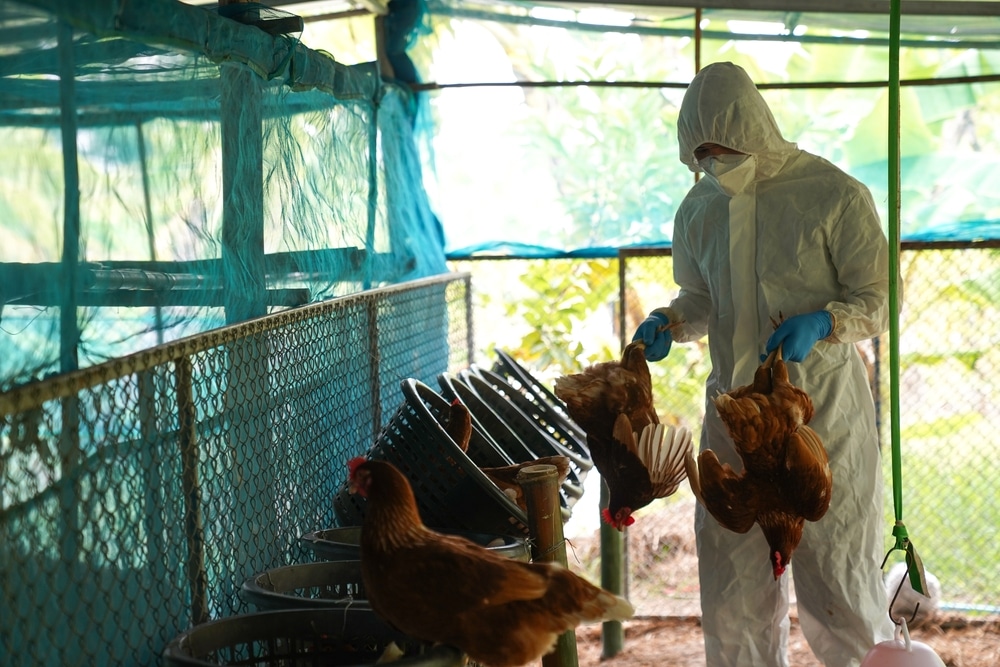On Friday, a German molecular biologist by trade unveiled a new concept for the world’s first artificial womb facility, EctoLife, which could incubate up to 30,000 babies a year. “My new concept will be unveiled early December, something that I have been working on for a while,” said Hashem Al-Ghaili in November. “The new concept relies on over 50 years of groundbreaking scientific research.”
Hashem Al-Ghaili is a molecular biologist, producer, filmmaker, and science communicator based in Berlin, Germany. EctoLife, which operates solely on renewable energy, enables infertile couples to conceive and become the biological parents of their own offspring.
“It’s a perfect solution for women who had their uterus surgically removed due to cancer or other complications. With EctoLife, premature births and C-sections will be a thing of the past. EctoLife is designed to help countries that are suffering from severe population decline, including Japan, Bulgaria, South Korea, and many others,” according to its press release.
“According to the World Health Organization, around 300,000 women die from pregnancy complications. EctoLife artificial womb is designed to alleviate human suffering and reduce the chances of C-sections,” Hashem wrote.
In an interview with Science and Stuff, Al-Ghaili revealed that he believes the EctoLife concept would replace natural birth in the future. A total of 75 fully functional laboratories can be found within the building, according to the press release. Up to four hundred artificial wombs, or “growth pods,” can be housed in each cutting-edge laboratory. Every pod is made to be just like the conditions inside the mother’s uterus.
“EctoLife allows your baby to develop in an infection-free environment. The pods are made of materials that prevent germs from sticking to their surfaces. Every growth pod features sensors that can monitor your baby’s vital signs, including heartbeat, temperature, blood pressure, breathing rate and oxygen saturation. The artificial-intelligence-based system also monitors the physical features of your baby and reports any potential genetic abnormalities.” (SOURCE)

















